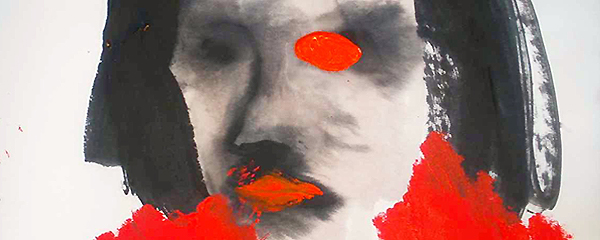NICOLA DALY recommends the title story of Claire Keegan’s debut collection, Antarctica: ‘You may, at this point, feel you know where the story is going. The scenario seems a familiar one: a married woman longs for passion and excitement before middle-age take its toll. We journey with the woman as she makes a trip to an undisclosed city for an annual shopping trip. However, the story is shrouded in mystery and Keegan has a way of leading the reader up a certain path only to suddenly take us on a detour…’
Editor of Unsung Shorts, GARY BUDDEN, takes us into the weird depths of speculative fiction: ‘There is one sub-genre particularly well-suited to the short form, that goes under a number of names: the weird tale, the strange story, the New Weird, interstitial fiction, and many more…’
PROFESSOR CHARLES E. MAY examines the battle between romance and realism in Daniel Defoe’s ‘A True Relation of the Apparition of One Mrs. Veal’: ‘Short fiction lies between the romance convention of presenting marvelous events and the realistic convention of presenting events as if they actually happened’.
SUSAN JAMES profiles the life and work of Ann Petry: ‘She wrote about black lives, but her characters weren’t heroes or martyrs. They were flawed. They struggled, and they were often desperate…’
KATE JONES profiles the career of Grace Paley: ‘The stories she left behind tell the tales of the everyday, ordinary people, often women, who live and breathe both on and off the page.’
FARAH AHAMED considers the life and work of Saadat Hassan Manto: ‘His characters are not defined by the way they look, but by what they are doing in the present moment. His descriptions are not sensory observations but rather unsentimentally observed settings for particular events.’
SOPHIE REID reveals the unsettling depths in Daphne du Maurier’s short stories: ‘… they offer complete worlds, ask questions, and leave you wanting more. Many explore themes of what it is to be human, the darkness in our minds, and the darker sides of life.’
MIKE SMITH delves into Stacy Aumonier’s short story ‘A Man of Letters’ and discovers where this writer’s intellectual standards really lie: ‘He sets himself a difficult task, because his eponymous hero is a working class chap with atrocious spelling and a weak grasp on language…’







